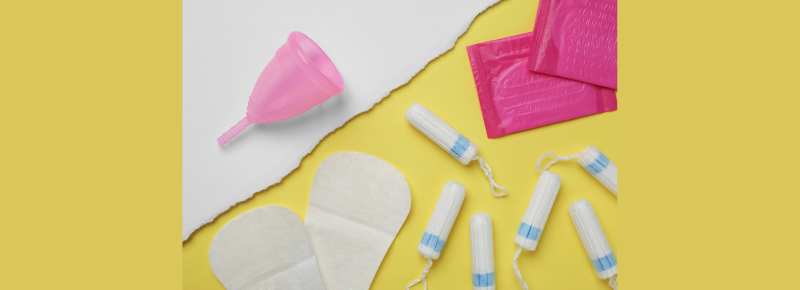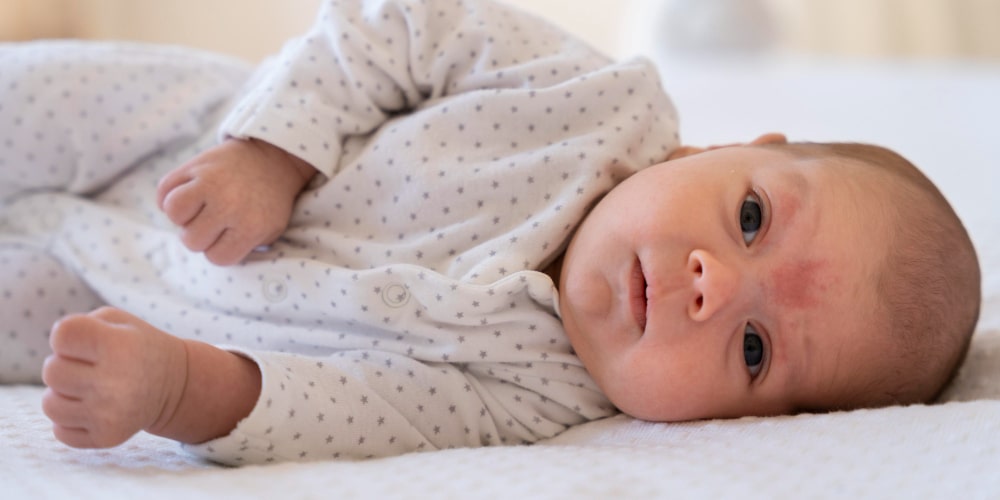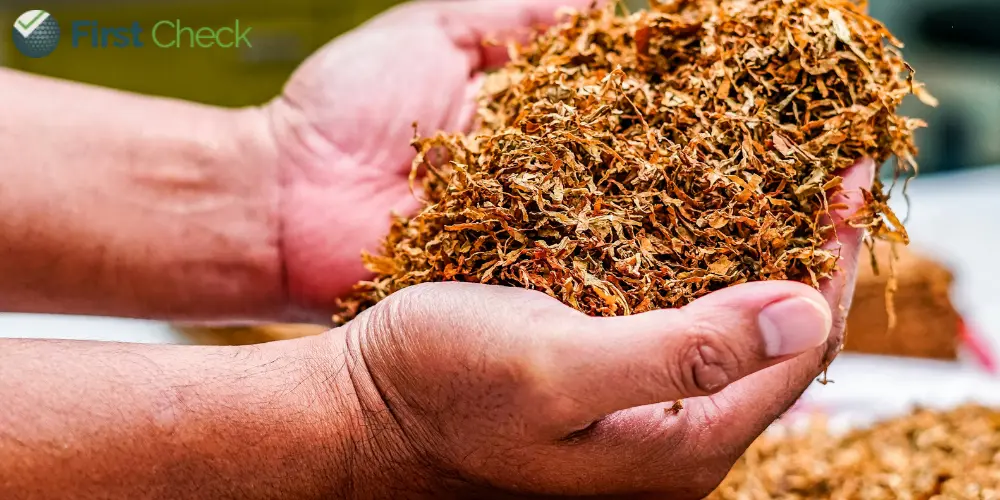Menstrual Hygiene: Debunking 5 common myths
Author
Author
- admin / 3 years

- 0
- 3 min read

Author
Dr Shehla Jamal, a menstrual health expert from New Delhi, and Dr Naima Afreen a gynecologist from Azamgarh, India, help sift facts from fiction.
World Menstrual Hygiene Day is observed on the 28th day of the fifth month of the year. However, efforts to spread awareness about this important issue must continue through the year. First Check sought expert insights from two gynecologists, Dr Shehla Jamal, a menstrual health expert from New Delhi, and Dr Naima Afreen from Azamgarh, India, to debunk some common myths surrounding menstrual hygiene.
Myth 1: If you touch the pickle bottle while menstruating, it will get spoiled.
Fact: Traditionally, women were not allowed to enter the kitchen or touch pickles during menstruation as it was perceived as impure. However, there’s no scientific rationale for this claim.
“The myth is totally baseless. Pickles can only spoil if they lack sufficient oil for preservation. There is no scientific theory supporting the claim that touching pickles during menstruation will have any impact on their quality,” says Dr Naima.
Myth 2: Eating watermelon and bananas during menstruation causes bloating and constipation.
Fact: Bloating, water retention and constipation can occur during menstruation due to hormonal changes that affect fluid balance in the body. However, these symptoms are not directly caused by consuming watermelon or bananas during periods.
“Constipation during menstruation is primarily influenced by hormonal changes, specifically high progesterone levels. Progesterone can slow down metabolism and gut emptying, leading to symptoms like bloating, fluid retention, and constipation,” explains Dr Shehla. Bananas are a good source of potassium, magnesium and dietary fiber, promoting gut motility, while watermelon is rich in water content and has a high nutritional value, making it a healthy food choice.
Myth 3: Menstruating women should avoid swimming.
Fact: Swimming during menstruation is absolutely safe and does not pose any health risks.
“There is no medical or hygienic reason to avoid swimming while menstruating. Using appropriate menstrual products such as tampons or menstrual cups allows women to swim comfortably and confidently. It’s important to maintain proper hygiene by changing the product before and after swimming,” notes Dr Naima.
Myth 4: Menstruating women should not wash their hair.
Fact: There is no scientific basis for the belief that menstruating women should avoid washing their hair.
“Menstruation is a natural bodily process and does not have any adverse effects on hair washing or overall hygiene. There is no correlation between menstruation and hair washing, so women can continue their regular hair care routine without any concerns,” maintains Dr Shehla.
Myth 5: Women should avoid physical activities during periods.
Fact: There is no medical or scientific reason to avoid physical activity during menstruation.
“Engaging in sports and play is perfectly safe and healthy during menstruation. Exercise can alleviate menstrual symptoms such as cramps and improve overall well-being. It is important to listen to your body and adjust your activities as needed, but there is no need to avoid physical play during this time. Staying active can actually have positive effects on menstrual health and overall well-being,” affirms Dr Shehla.









